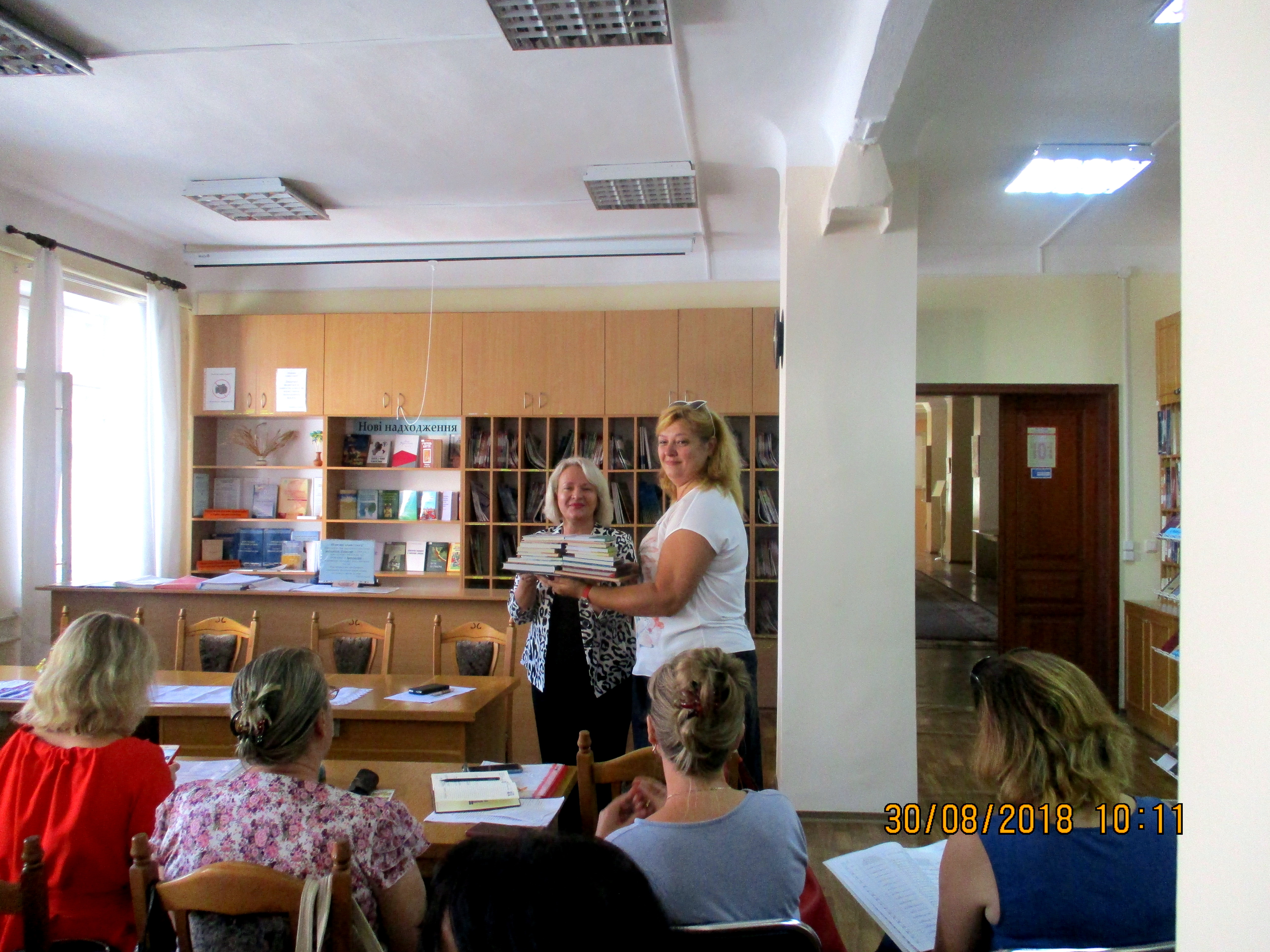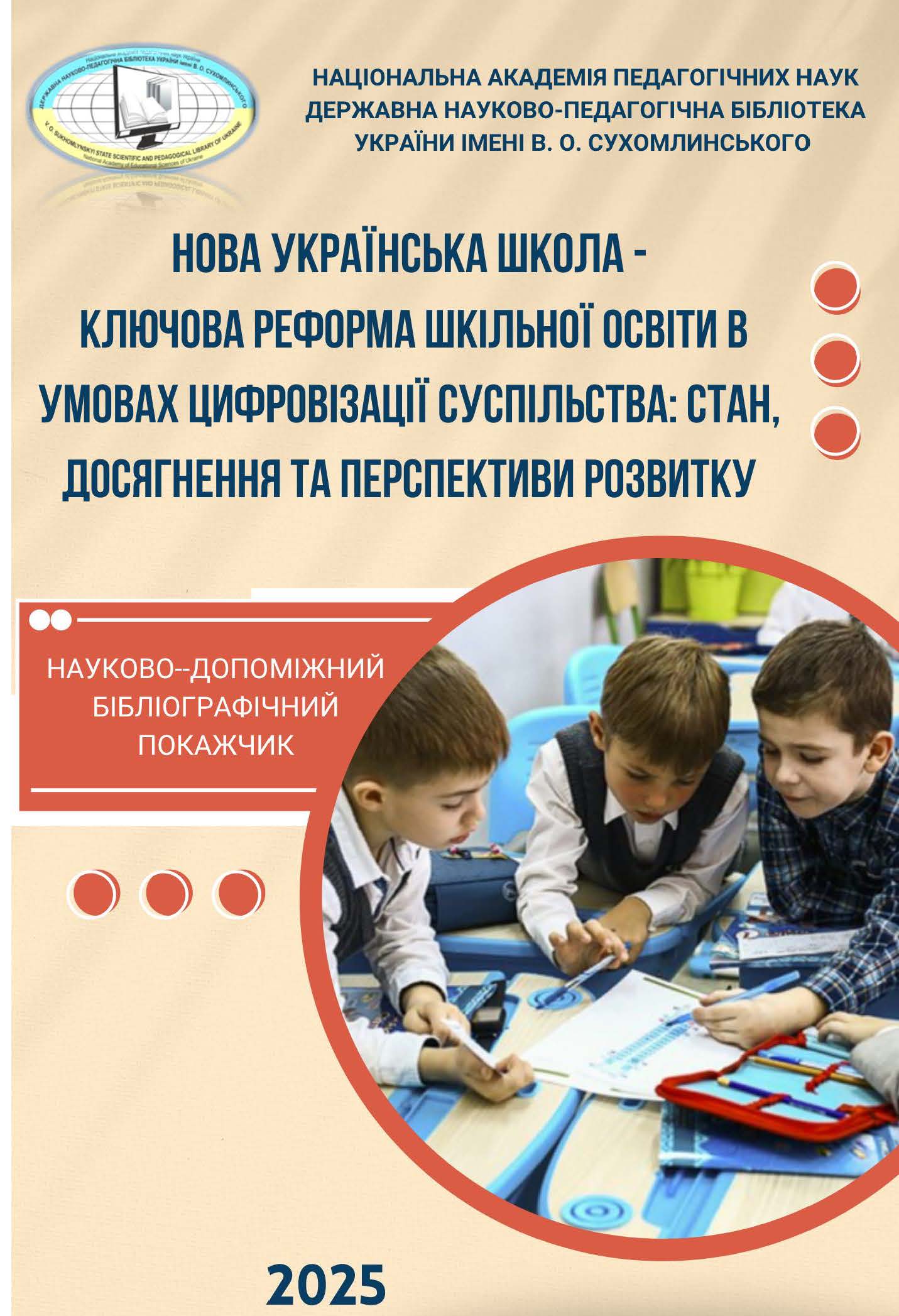Kershenshteiner Georg
GEORG KERSHENSHTEINER
(1854–1932)
- Biography
- Kershensteiner’s art gallery
- Works by Georg Kershensteiner
- Honoring the memory
- Publications on Georg Kershensteiner’s life and work
- References
- Photo gallery
In 1988, according to the UNESCO’s decision, there were named four educators who defined the way of pedagogical thought in the twentieth century. They were John Dewey, Georg Kershensteiner, Maria Montessori and Anton Makarenko.
Georg Kershensteiner was a German educator. He graduated from the University of Munich (1883), worked as a teacher at commercial schools and gymnasiums in Nuremberg, Schweinfurt and Munich. In 1895-1918 he was a school counselor in the city of Munich, from 1912 to 1918 he was elected a Member of the German Parliament (Reichstag), from 1918 to 1930 he held the position of professor of pedagogy at the University of Munich.
Georg Kershensteiner developed a system of vocational schools in Munich. According to the teacher, the task of the school is to provide pupils with a working speciality, as well as to educate them as patriots. To implement these ideas, Kershensteiner proposed to organize the work of the school according to the type of a working community. He introduced active teaching methods with extensive use of visual aids, practical work, excursions. He expressed his pedagogical views in the following works: “Professional education of the German youth”, “The basic axiom of the educational process”, “State and public education of the German youth”, “What is a labor school?”, etc.
The reformist ideas of the scientist had a significant impact on the development of pedagogical theory and school practice in many countries around the world in the first decades of the twentieth century. They gave a powerful impetus to the development of ideas about civic education and the role of training in the life of every member of society.
Announcements
No listing found




